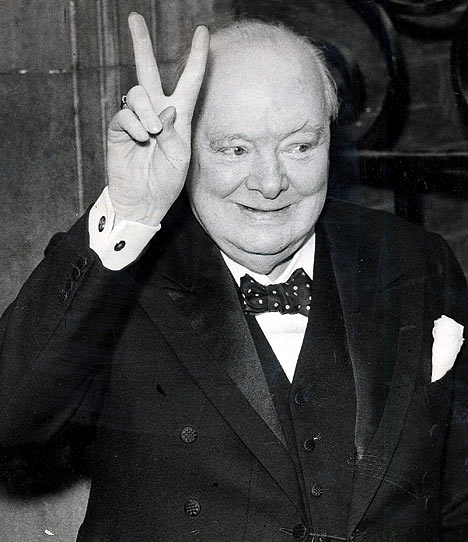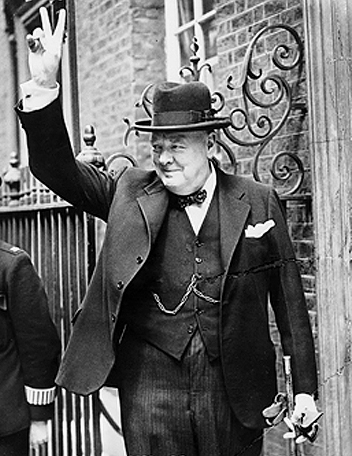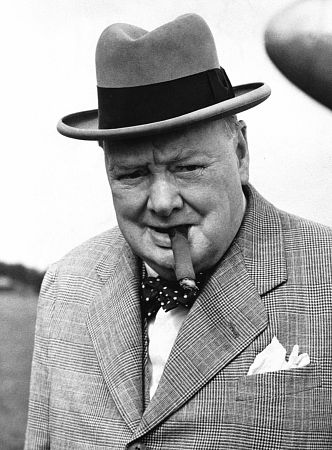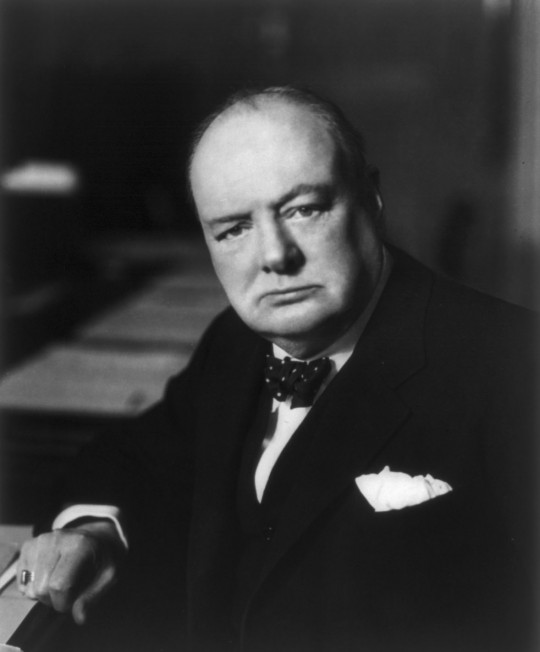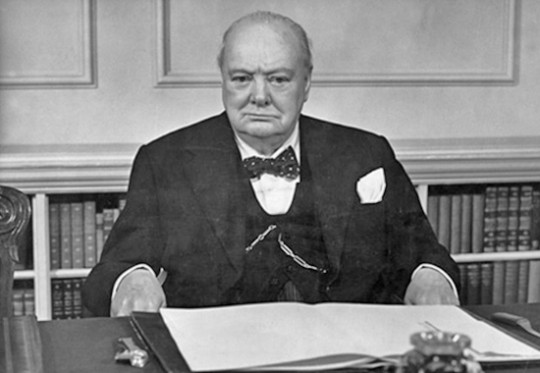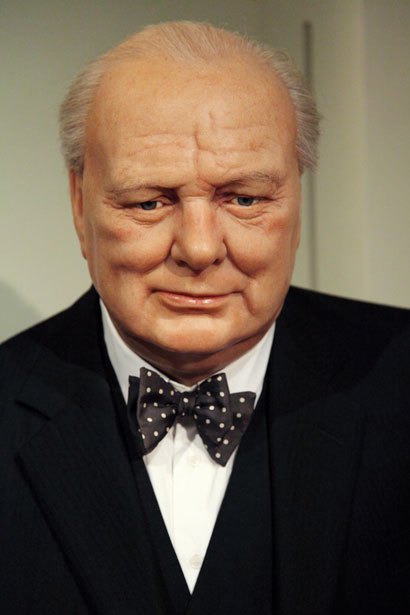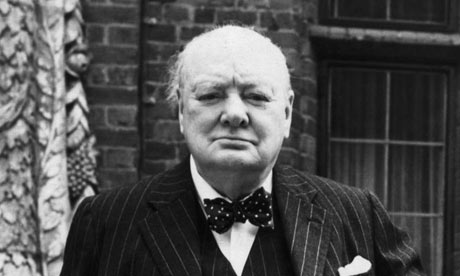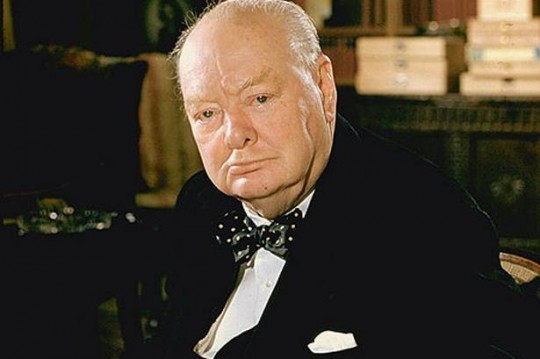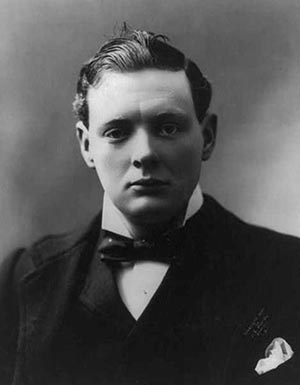Sir Winston Leonard Spencer Churchill, the British leader who guided Great Britain and the Allies through the crisis of World War II. Born at Blenheim Palace in 1874, Churchill joined the British Fourth Hussars upon his father’s death in 1895. During the next five years, he enjoyed an illustrious military career, serving in India, the Sudan, and South Africa, and distinguishing himself several times in battle. In 1899, he resigned his commission to concentrate on his literary and political career and in 1900 was elected to Parliament as a Conservative MP from Oldham. In 1904, he joined the Liberals, serving a number of important posts before being appointed Britain’s First Lord of the Admiralty in 1911, where he worked to bring the British navy to a readiness for the war he foresaw.
After the outbreak of World War II in Europe, Churchill returned to his post as First Lord of the Admiralty and eight months later replaced Neville Chamberlain as prime minister of a new coalition government. In the first year of his administration, Britain stood alone against Nazi Germany, but Churchill promised his country and the world that Britain would “never surrender.” He rallied the British people to a resolute resistance and expertly orchestrated Franklin D. Roosevelt and Joseph Stalin into an alliance that eventually crushed the Axis.
“A pessimist sees the difficulty in every opportunity; an optimist sees the opportunity in every difficulty” Quote by Winston Churchill
“Battles are won by slaughter and maneuver. The greater the general, the more he contributes in maneuver, the less he demands in slaughter.”
“Broadly speaking, the short words are the best, and the old words best of all”
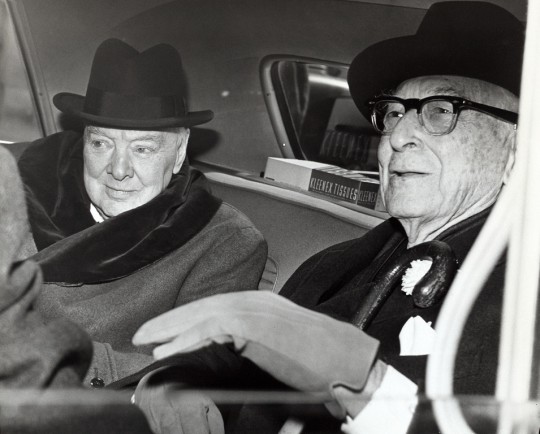
“Although personally I am quite content with existing explosives, I feel we must not stand in the path of improvement.”
“All the great things are simple, and many can be expressed in a single word: freedom, justice, honor, duty, mercy, hope.”
“A prisoner of war is a man who tries to kill you and fails, and then asks you not to kill him.”
“A politician needs the ability to foretell what is going to happen tomorrow, next week, next month, and next year. And to have the ability afterwards to explain why it didn’t happen.”
“Criticism may not be agreeable, but it is necessary. It fulfils the same function as pain in the human body. It calls attention to an unhealthy state of things.”
“Continuous effort – not strength or intelligence – is the key to unlocking our potential.”
After a postwar Labor Party victory in 1945, he became leader of the opposition and in 1951 was again elected prime minister. In 1953, he was knighted by Queen Elizabeth II and awarded the Nobel Prize in literature. After his retirement as prime minister in 1955, he remained in Parliament until 1964, the year before his death.

